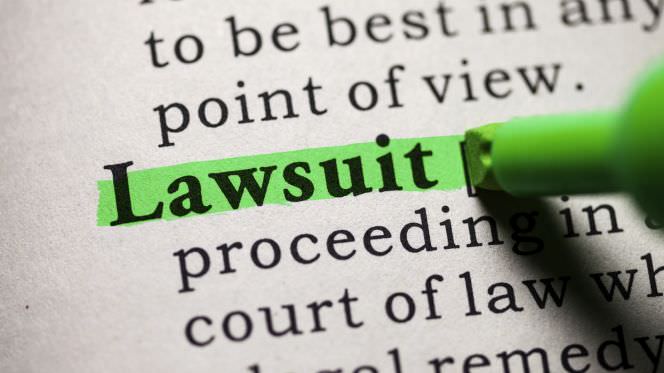In Wednesday’s 5-9 vote, the Alaska Legislative Council voted down a motion to continue the lawsuit during a brief morning meeting held by telephone. The vote means the council will not move forward with an appeal of the Superior Court’s decision and that it will end its contracts with two private law firms, said Council chair Sen. Gary Stevens, R-Kodiak, who voted against continuing the lawsuit.
Medicaid expansion began in Alaska on Sept. 1, 2015, broadening eligibility requirements, including opening the health care program up to low-income, childless adults. By May, more than 17,700 Alaskans were covered by Medicaid under expansion, according to the latest figures from the Alaska Department of Health and Social Services.
The lawmakers’ attorneys filed appeal documents in state Supreme Court in May and filed a motion in Superior Court to have the House replace the Alaska Legislative Council in the lawsuit. Judge Frank Pfiffner ruled last week that the House could not take over the lawsuit, prompting the council to vote on its next move.
The vote also means that the contracts are over between the Alaska Legislative Council and the two private law firms hired for the lawsuit. The council has already paid about $47,090 to Anchorage law firm Holmes, Weddle & Barcott, as well as $250,000 to the Washington, D.C., firm, Bancroft PLLC, according to Pam Varni, executive director of the Legislative Affairs Agency.
Walker’s attorney and paralegal costs for the Medicaid expansion lawsuit totaled $136,976 for about 880 hours of work through May 31, said Cori Mills, assistant attorney general at the Alaska Department of Law. Mills said those were raw numbers and did not necessarily represent what would count as “attorney fees” for the purposes of asking a judge to award fees and also did not account for pro bono work provided by a private law firm. The total did include work in both the Superior Court case and the appeal. Billings had not been finalized for June, she said.
It remained unclear Wednesday how much money — if any — lawmakers would pay the private law firms for initiating the appeal. The Bancroft contract included a $150,000 flat fee for handling any appeal to the state Supreme Court, splitting that payment into $75,00 for the first brief and $75,00 for the final resolution. Attorneys for the Anchorage law firm billed the council at hourly rates.
Varni said Bancroft had not been authorized to move into the appeal phase. Chad Hutchison, a staff member to Sen. John Coghill, R-North Pole, and the official listed as project director for the Legislative Council’s contracts with the two law firms, also said the appeal was not approved. But Johnson said he believed lawmakers owed money for the start of the appeal process.
Johnson was one of the five lawmakers who voted Wednesday to continue with an appeal. He said Wednesday that he wanted to preserve the authority of the Legislature and worried about the costs of expanding Medicaid if the federal government did not uphold its end of the deal. Under the Affordable Care Act, the federal government fully funds coverage for newly eligible Alaskans through the end of this year, scaling back to 90 percent by 2020.
Voting to halt the lawsuit were council chair Sen. Gary Stevens, R-Kodiak; Sen. Kevin Meyer, the Senate president and an Anchorage Republican; Sen. John Coghill, R-North Pole; Sen. Lyman Hoffman, D-Bethel; Sen. Charlie Huggins, R-Wasilla; Sen. Peter Micciche, R-Soldotna; Rep. Mike Hawker, R-Anchorage; Rep. Bob Herron, D-Bethel; and Rep. Sam Kito III, D-Juneau.
Source: adn-pb.internal.arc2.nile.works





Be the first to comment on "Legislative Council Drops Medicaid Lawsuit Against Gov. Walker"